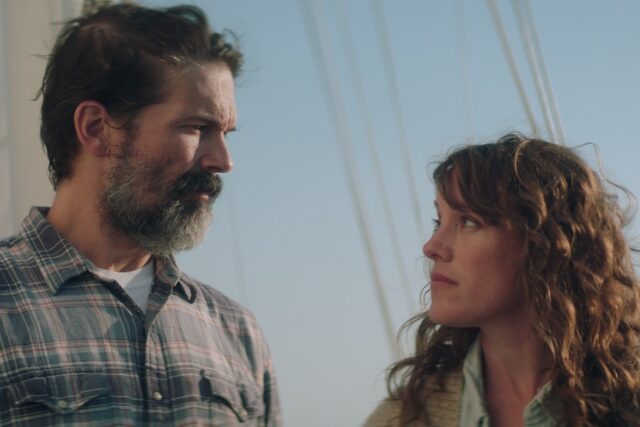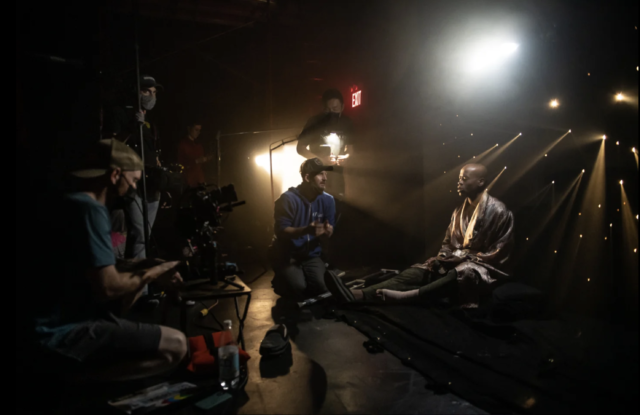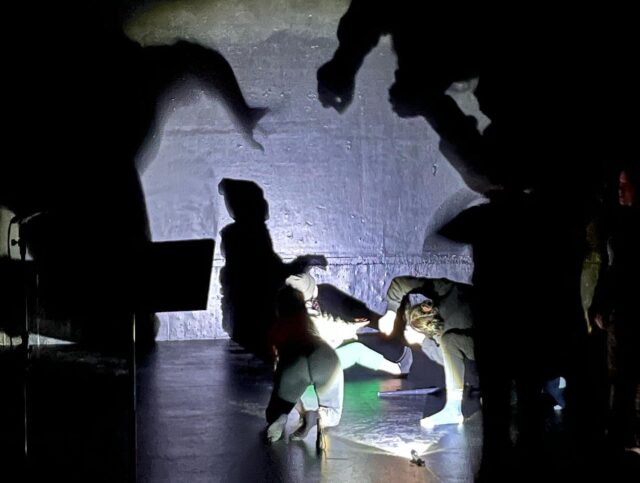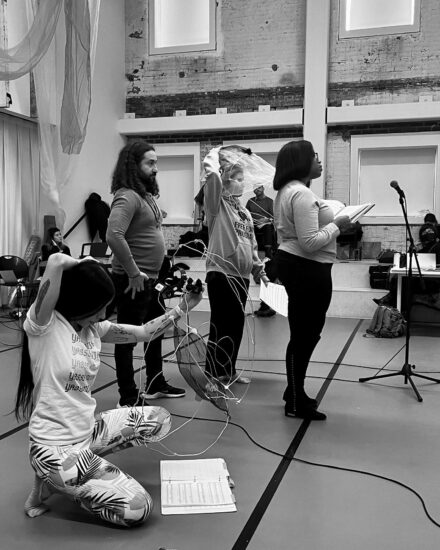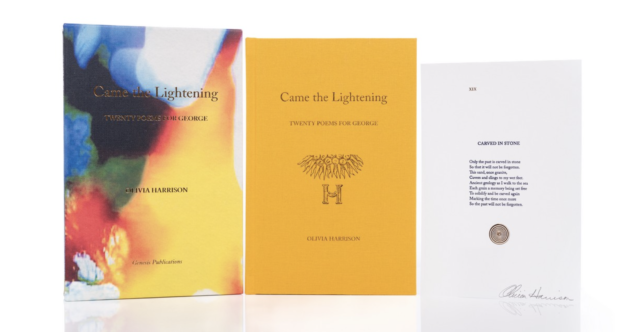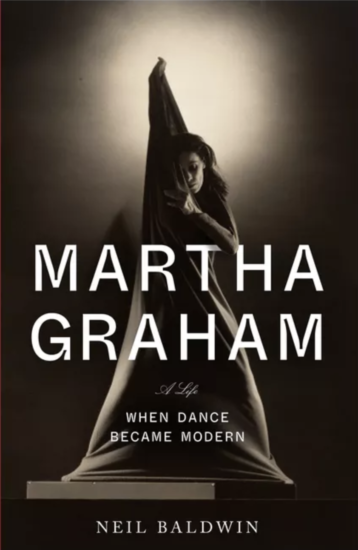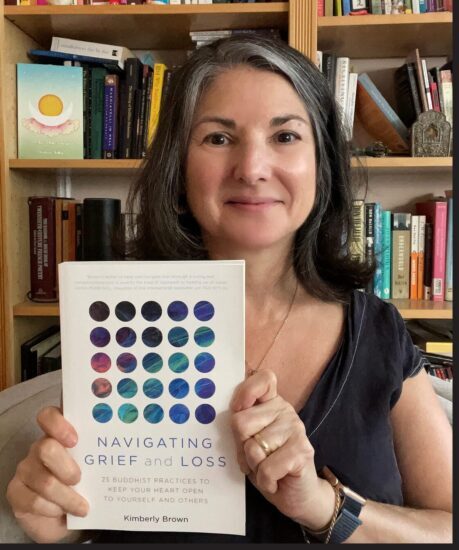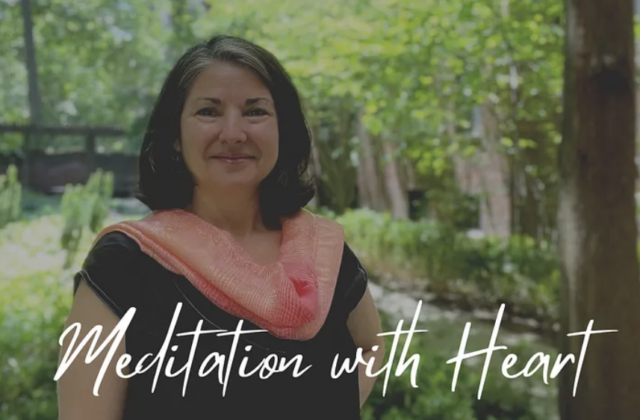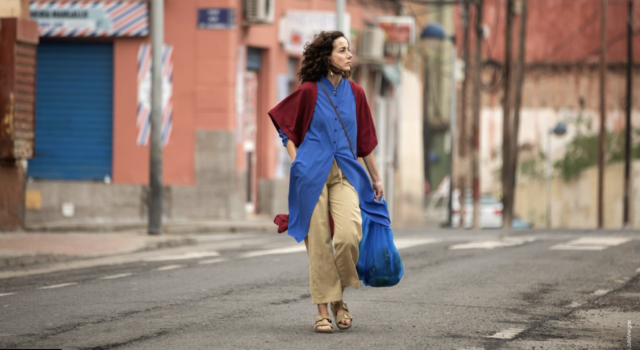
Cecilia Suárez stars in NYJFF closing night selection, Violeta Salama’s Alegría
THIRTY-SECOND ANNUAL NEW YORK JEWISH FILM FESTIVAL
Walter Reade Theater, Film at Lincoln Center
165 West 65th St. between Broadway & Amsterdam Aves.
January 12-23, $15 in person, $10 virtual (bundle $15)
212-875-5050
www.filmlinc.org
thejewishmuseum.org
The thirty-second annual New York Jewish Film Festival comes along at a time with rising anti-Semitism in America and around the world, disarray in the Israeli government amid the controversial return of a former leader, and continuing battles in the Middle East over human rights and land possession. Why should this year be different from any other year?
Running January 12-23 at Film at Lincoln Center, the series comprises twenty-one feature-length narrative films and documentaries and a program of six shorts by women that explore the past, present, and future of Judaism and the diaspora. The festival kicks off with the New York premiere of Fred Cavayé’s Farewell, Mr. Haffmann, in which Daniel Auteuil plays the title character, a jeweler in Nazi-occupied Paris trying to preserve his family. The opening-night selection is Ofir Raul Graizer’s America, about an Israeli swimming coach (Michael Moshonov) who returns to Tel Aviv after living in Chicago, a reunion that doesn’t go quite as planned; the screening will be followed by a Q&A with writer, director, and editor Graizer.
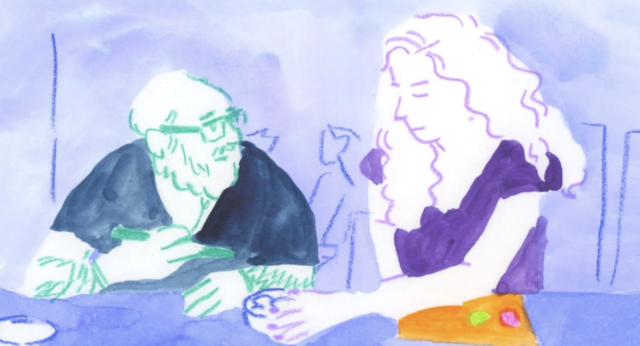
Hannah Saidiner’s My Parent, Neal is part of special shorts program at NYJFF
The centerpiece film is Delphine Coulin and Muriel Coulin’s Charlotte Salomon: Life and the Maiden, a documentary about the German-Jewish artist who was murdered at Auschwitz at the age of twenty-six but left behind a remarkable legacy; the film includes the voices of Vicky Krieps, Mathieu Amalric, and Hanna Schygulla, and both screenings on January 18 will be followed by a Q&A with the directors. The festival closes with Violeta Salama’s Alegría, about a single mother (Cecilia Suárez) wrestling with her own faith and the patriarchy as she ventures from Mexico to her hometown in the autonomous North African city of Melilla for her niece’s Orthodox wedding. Salama will discuss her debut feature after both screenings on January 22.
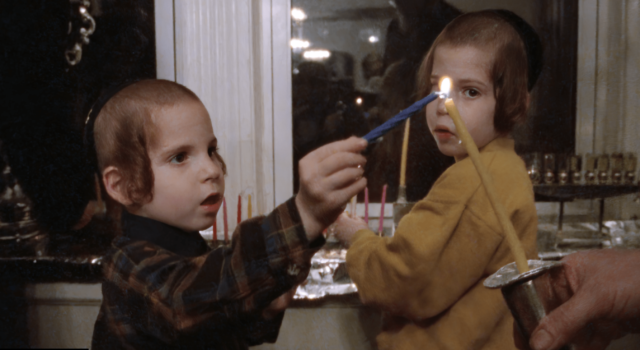
A Life Apart: Hasidism in America returns to the New York Jewish Film Festival in a twenty-fifth anniversary 4K restoration
Among the other highlights are Sylvie Ohayon’s Haute Couture, starring Nathalie Baye as a Dior seamstress in Paris; the New York premiere of Tomer Heymann’s I Am Not, a documentary about boarding school student Oren Levy, who shuns human contact, which will be followed by a hybrid Q&A with Heymann and several of the film’s subjects; the New York premiere of octogenarian Ralph Arlyck’s I Like It Here, a personal film about aging; Jake Paltrow’s June Zero, a fictionalized retelling of the 1961 trial of Adolf Eichmann from three different perspectives; and a pair of revivals, Joseph Green and Leon Trystand’s 1939 Yiddish film A Letter to Mother, and the world premiere of the twenty-fifth anniversary 4K restoration of Oren Rudavsky and Menachem Daum’s A Life Apart: Hasidism in America, a seminal documentary narrated by Sarah Jessica Parker and Leonard Nimoy and with a score by Yale Strom, followed by a panel discussion with Daum, Rudavsky, Ayala Fader, Marcus Allison, Pearl Gluck, and Rabbi Mayer Schiller.
(Keep watching this space for full and capsule reviews throughout the festival.)
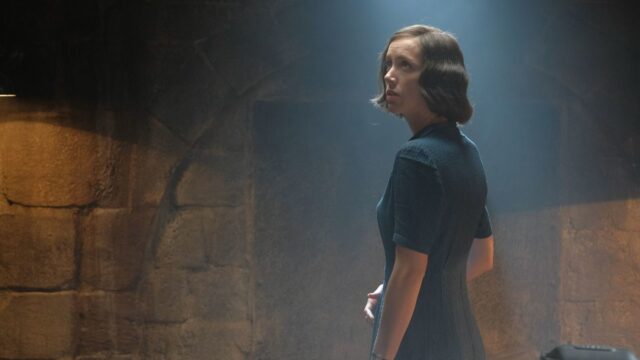
Farewell, Mr. Haffmann offers a unique perspective on the Nazi occupation of Paris
FAREWELL, MR. HAFFMANN (Fred Cavayé, 2021)
Walter Reade Theater
Monday, January 16, 8:30
www.filmlinc.org
Fred Cavayé’s stunning Farewell, Mr. Haffmann offers several unique twists on the Holocaust drama, resulting in a breathtaking microcosm of so much of what happened, particularly during the Nazi occupation of France. The film is adapted from a play by Jean-Philippe Daguerre, with nearly all the action taking place in Joseph Haffmann’s jewelry shop, where Haffmann lives with his wife and three children. After getting his family out in May 1941, Haffmann finds himself trapped in Paris, cutting a deal with his assistant (Gilles Lellouche) and his wife (Sara Giraudeau) that grows ever-more dangerous as Nazi leaders start coming to the shop to buy jewelry for their wives and mistresses. Daniel Auteuil (Jean de Florette, Girl on the Bridge) is riveting as Haffmann, who experiences anti-Semitism and war from a fascinating perspective, both psychologically and physically.

Two men are at odds over religion and love in Ady Walter’s Shttl
SHTTL (Ady Walter, 2022)
Walter Reade Theater
Monday, January 16, 5:30, and Tuesday, January 17, 1:00
www.filmlinc.org
On the eve of Operation Barbarossa, the German invasion of the Soviet Union in June 1941, a small Yiddish-speaking village on the Polish border teeters on the edge as the citizens debate war, collaboration, religion, women’s roles in society, and true love. In the tense, gripping Shttl, Ady Walter pulls off quite an impressive directorial debut, shooting the 110-minute film in one continuous take, shifting between black-and-white and color as the narrative unfolds: Mendele (Moshe Lobel) joins the military, promising to come back for Yuna (Anisia Stasevich), but while he is gone she is wooed/harassed by the mean-spirited Folie (Antoine Millet), whose father (Saul Rubinek) is the community’s spiritual leader. The strange spelling of the title is an homage to Georges Perec’s 1969 novel, La Disparition (A Void), which never uses the fifth letter of the alphabet, its loss a symbol of profound absence. (Both of French novelist Perec’s parents were killed during the Holocaust, his father on the field of battle, his mother in Auschwitz.) The village, or shtetl, was built for the film and is being turned into a Jewish-Ukrainian museum. The screening on January 16 will be followed by a Q&A with Walter, New Yiddish Rep veteran Lobel, award-winning German-born Canadian actor Rubinek, and producer Jean-Charles Lévy.
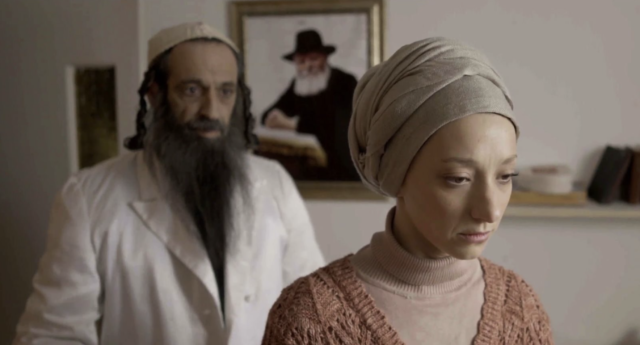
Barren is a chilling look at faith and ritual
BARREN (Mordechai Vardi, 2022)
January 23-28, virtual only
www.filmlinc.org/films/barren
An intense melding of Unorthodox and Shtisel, Mordechai Vardi’s Barren is a heart-wrenching drama about an Orthodox couple, Naftali (Yoav Rotman) and Feigi (Mili Eshet), desperate to have a child. They live with his mother, a matchmaker (Ilanit Ben-Yaakov), and his father, a Torah scribe (Nevo Kimchi), both of whom were secular before becoming Orthodox. When Naftali goes on a pilgrimage to Uman for Rosh Hashanah to pray for fertility, his father invites over a mysterious man who has nowhere to spend the holiday. Rabbi Eliyahu (Gil Frank) claims to be able to heal by blowing the shofar; he offers to do so for Feigi, but their encounter turns terribly wrong, leading every member of the family to reconsider their faith and their personal responsibilities.
Eshet (Take the “A” Train, Beyond the Mountains and Hills) is haunting as Feigi, her eyes filled with yearning for what she imagined her life would be like. Based on actual events, the film focuses on the unjust treatment of women in Orthodox society, their rights determined by men, including local tribunals made up of supposedly wise scholars following religious doctrine, who decide what women should and should not do and whether they should remain married or get divorced. It’s a harrowing tale anchored by a powerful lead performance. The film will be available virtually January 23-28.
